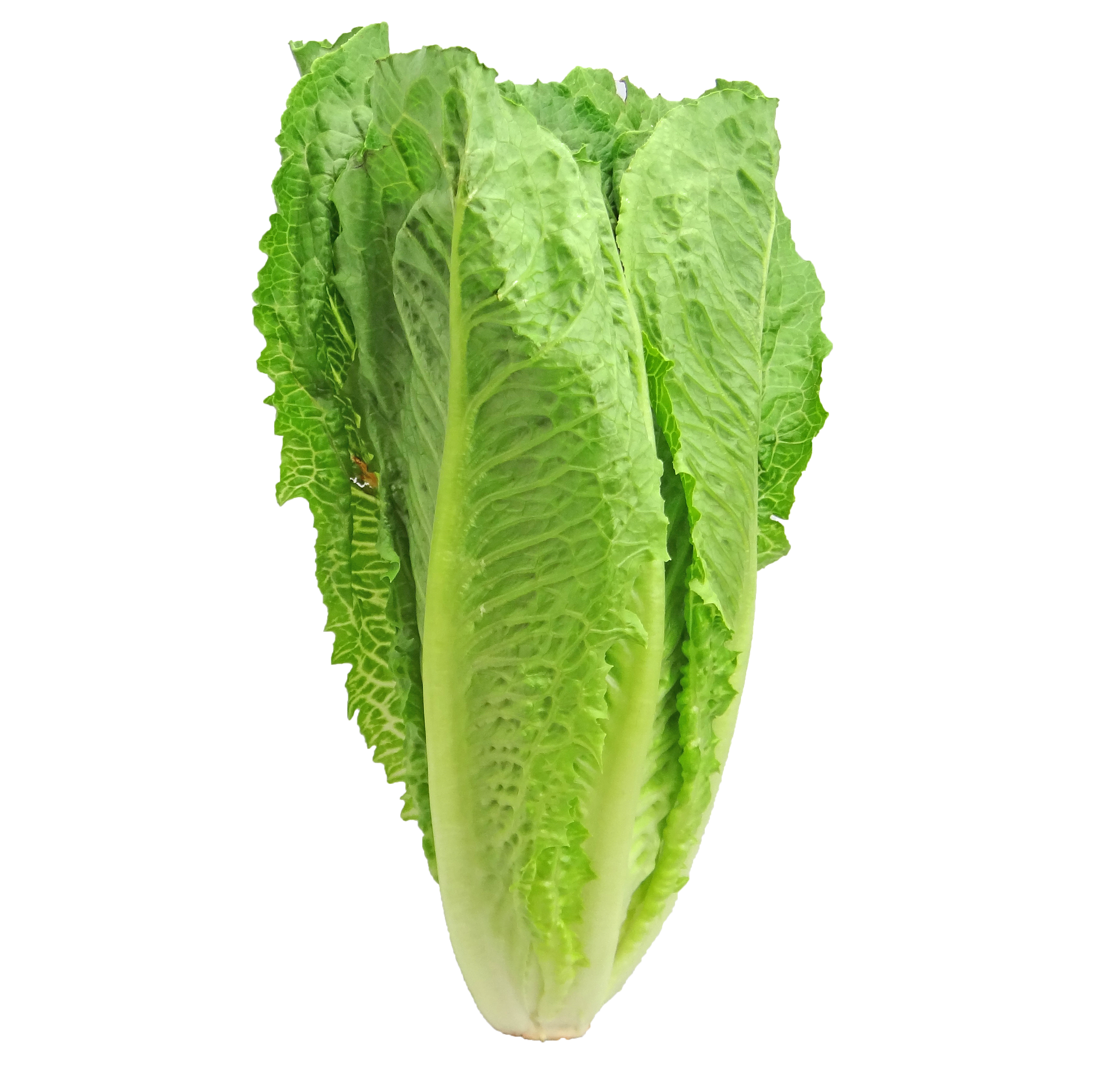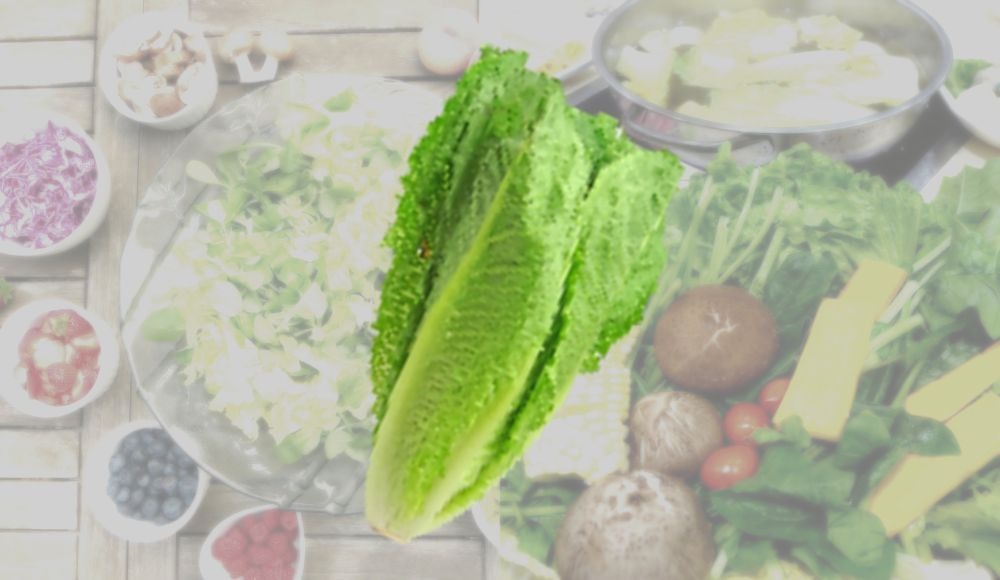Singapore's Agri-food and Veterinary Authority (AVA) has warned Singaporeans to be cautious about eating romaine lettuce, especially any that has been imported from the U.S.
In a statement sent to Mothership on Wednesday evening, the agency confirmed that Singapore does import romaine lettuce from the U.S., and has issued warnings to our country's food import industry to exercise vigilance.
"As a precautionary measure, if consumers had bought romaine lettuce and are uncertain about the source, consumers should discard the lettuce."
Just in case you're not sure, this is what romaine lettuce looks like:
 Photo of a romaine lettuce
Photo of a romaine lettuce
Romaine lettuce-linked E.coli outbreak
An E-coli bacterial outbreak in the U.S. has triggered warnings from American health officials to stop eating romaine lettuce.
"This advice includes all types or uses of romaine lettuce, such as whole heads of romaine, hearts of romaine, and bags and boxes of pre-cut lettuce and salad mixes that contain romaine, including baby romaine, spring mix and Caesar salad."
The U.S. Center for Disease Control and Prevention (CDC) also advised all consumers and food retailers to throw away all romaine lettuce at home or in store, triggering alarm online internationally.
So far, at least 32 people in the U.S. and 18 in Canada have come down with food poisoning from this bacterial strain. 13 in the U.S. have been hospitalised.
However, the CDC said this outbreak is unrelated to another that happened earlier this year in May which resulted in five deaths and hundreds infected across 35 American states.
If in doubt about source, discard the lettuce
Here's the AVA's statement shared with Mothership in full:
"USA authorities are investigating an outbreak of Shiga toxin-producing Escherichia coli O157:H7 (E. coli O157:H7) infections linked to romaine lettuce. Investigations on the actual source of the bacteria causing the outbreak is ongoing. No specific brand or farm has been identified.
Joint responsibility in food safety
There is import of romaine lettuce from the US and AVA has reminded the industry to be vigilant.
As a precautionary measure, if consumers had bought romaine lettuce and are uncertain about the source, consumers should discard the lettuce.
In general, consumers should always practice good food handling habits. For example, to avoid cross-contamination:
- Consumers should wash hands, utensils and food preparation surfaces before and after handling raw food.
- Consumers should also separate raw food from cooked or ready-to-eat food.
Consumers can refer to food safety tips on AVA’s website <http://www.ava.gov.sg/explore-by-sections/food/food-safety-quality/food-safety-a-shared-responsibility>."
Top photo collage from Pixabay
Content that keeps Mothership.sg going
??
Here's how you fake being artsy to impress your date/boss/future mother in law.
?
Read this and cry in a corner.
? ?
Kids teach us the darndest things. But it makes sense.
???
Earn some karma points here. Say real one.
??
Wanna run away from your responsibilities?!
If you like what you read, follow us on Facebook, Instagram, Twitter and Telegram to get the latest updates.
